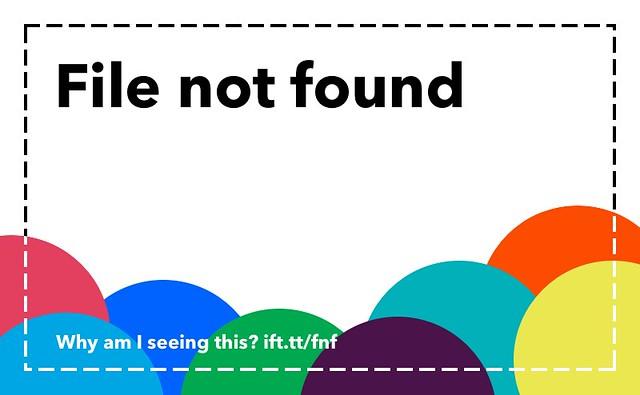When it comes to securing financial protection for loved ones, term life insurance is often a preferred choice due to its straightforward nature and affordability. However, for individuals classified as high-risk—whether due to health conditions, occupational hazards, or lifestyle choices—navigating the landscape of term life insurance can present unique challenges. Understanding how to compare rates effectively is crucial for high-risk individuals seeking to balance adequate coverage with cost considerations. This article delves into the factors that influence term life insurance rates for high-risk applicants, explores strategies to obtain competitive quotes, and highlights key considerations to ensure informed decision-making in this complex market. By shedding light on these aspects, we aim to empower high-risk individuals with the knowledge needed to secure suitable life insurance coverage tailored to their specific needs.
Understanding High-Risk Categories in Term Life Insurance
When exploring term life insurance rates for individuals deemed high-risk, it’s crucial to recognize the factors that contribute to this categorization. High-risk categories typically include individuals with pre-existing health conditions, occupations involving significant danger, or lifestyle choices that elevate risk levels. Insurers assess these elements to determine the likelihood of a claim, which in turn affects premium rates.
Key high-risk categories include:
- Individuals with chronic illnesses such as diabetes or heart disease
- Occupations with inherent hazards, like mining or aviation
- Engagement in extreme sports or activities, such as skydiving or rock climbing
- Smokers or those with a history of substance abuse
Understanding these categories is essential for anyone navigating the term life insurance market. By identifying which factors place you in a high-risk group, you can better prepare for discussions with insurers and potentially find ways to mitigate these risks, ensuring more favorable terms.

Evaluating the Factors Affecting Insurance Premiums for High-Risk Individuals
- Age and Health Conditions: Age is a primary determinant in calculating premiums. Younger individuals typically enjoy lower rates. However, for those classified as high-risk, existing health conditions like diabetes, heart disease, or high blood pressure can significantly increase costs.
- Lifestyle Choices: Lifestyle factors such as smoking, excessive alcohol consumption, and engaging in hazardous activities are scrutinized closely. These habits are often associated with increased health risks, leading to higher premiums.
- Occupation and Hobbies: Certain occupations and hobbies, particularly those involving physical danger or high stress, may categorize individuals as high-risk. Jobs in construction, aviation, or extreme sports enthusiasts may face higher premiums due to the inherent risks involved.
- Family Medical History: A family history of chronic illnesses or hereditary conditions can impact insurance rates. Insurers assess the likelihood of an individual developing similar conditions, which may affect their longevity and health.
- Coverage Amount and Term Length: The desired coverage amount and term length also influence premiums. Higher coverage amounts or longer terms generally result in higher costs, especially for those deemed high-risk.
Understanding these factors can aid high-risk individuals in navigating the complexities of term life insurance and making informed decisions about their coverage needs.
Strategies for Finding Competitive Term Life Insurance Rates
Finding competitive rates for term life insurance as a high-risk individual can be challenging, but with the right strategies, you can secure a policy that meets your needs without breaking the bank. Start by researching multiple insurance providers; each company assesses risk differently, so what may be high-risk to one insurer might be less so to another. Utilize online comparison tools to get an overview of available options, and consider working with an insurance broker who specializes in high-risk cases. They can leverage their network and expertise to find policies that might not be readily visible to the average consumer.
- Improve Your Risk Profile: If possible, take steps to mitigate factors that contribute to your high-risk status. This could include managing chronic health conditions or quitting smoking.
- Opt for Shorter Terms: Selecting a shorter term length can sometimes lead to more favorable rates as insurers assume less long-term risk.
- Consider No-Medical Exam Policies: While typically more expensive, these policies can be beneficial for individuals who may not pass a traditional medical exam.
- Bundle Policies: Some insurers offer discounts if you bundle your term life insurance with other policies like home or auto insurance.
By approaching the search strategically, high-risk individuals can improve their chances of finding a term life insurance policy that offers both affordability and peace of mind.

Recommendations for High-Risk Individuals Seeking Term Life Insurance
For individuals categorized as high-risk, securing term life insurance can be a daunting task, but with strategic approaches, it is entirely achievable. Research extensively to find insurers that specialize in high-risk policies, as they often have more flexible underwriting processes. It is crucial to compare rates from multiple providers to identify the most cost-effective options tailored to your specific health or lifestyle conditions. Consider working with an experienced insurance broker who understands the nuances of high-risk insurance and can guide you through the complex landscape of policy options.
- Improve your health: Take proactive steps to manage any existing health conditions, as insurers often reassess premiums based on improved health metrics.
- Provide comprehensive medical documentation: A complete and accurate medical history can sometimes lead to better rates, as it helps insurers make informed assessments.
- Explore no-exam policies: While they may come with higher premiums, these policies can be beneficial for those who face significant challenges in traditional underwriting processes.
By adopting these strategies, high-risk individuals can navigate the insurance market more effectively, ultimately finding a term life insurance policy that meets their needs and budget.

